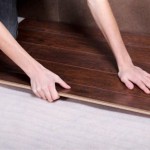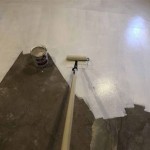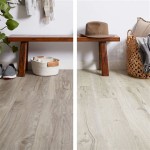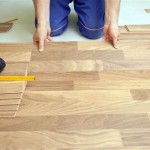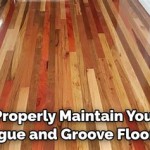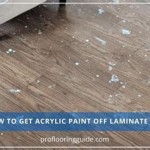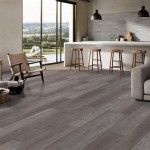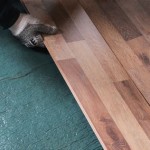Protecting Your OSB Shed Floor in Winter: Essential Considerations
OSB (oriented strand board) is a versatile and durable material commonly used for shed flooring. However, it is susceptible to damage when exposed to moisture and extreme temperatures, especially during the harsh winter months. To ensure the longevity of your shed and its contents, it is crucial to take proactive steps to protect the OSB floor from winter elements.
1. Moisture Control
Moisture is the primary culprit behind OSB damage in winter. Snow, rain, and melting ice can seep into the floorboards, causing swelling, buckling, and rot. To prevent moisture infiltration, consider the following measures:
- Install a vapor barrier: Place a polyethylene vapor barrier beneath the OSB flooring to block moisture from the ground.
- Slope the shed floor: Allow water to drain away from the shed by slightly sloping the floor towards the entrance or another drainage point.
- Ensure proper ventilation: Install vents or windows in the shed to promote airflow and prevent moisture buildup.
2. Insulation
Insulating the shed floor helps maintain a stable temperature inside the shed, reducing the risk of moisture condensation and freezing. Insulation materials like fiberglass batts or rigid foam can be installed between the floor joists. Ensure the insulation fits snugly and is protected from moisture.
3. Sealants and Coatings
Apply a moisture-resistant sealant or coating to the OSB floor to further protect it from moisture penetration. These coatings create a barrier that repels water and prevents damage. Choose sealants specifically designed for exterior wood surfaces and follow the manufacturer's instructions for application.
4. Plastic Sheeting
Consider covering the OSB floor with a layer of heavy-duty plastic sheeting during the winter months. This temporary solution provides an extra layer of protection against snow and moisture. Secure the plastic sheeting tightly to prevent it from shifting or tearing.
5. Heavy Objects
Placing heavy objects on the shed floor can help prevent buckling and warping caused by moisture and freezing. Distribute the weight evenly across the floor to avoid creating concentrated pressure points.
6. De-Icing and Snow Removal
Regularly remove snow and ice from the shed floor to prevent it from accumulating and causing moisture problems. Use a broom or snowblower to clear the floor gently, avoiding sharp objects that could damage the OSB.
7. Regular Inspection and Maintenance
Inspect the OSB floor periodically throughout the winter for signs of damage, such as buckling, swelling, or moisture staining. Address any issues promptly by repairing or replacing damaged areas to prevent further deterioration.
Conclusion
Protecting your OSB shed floor in winter requires a comprehensive approach involving moisture control, insulation, sealants, and regular maintenance. By implementing these measures, you can extend the lifespan of your shed and safeguard its contents from the harsh elements.

How Can I Protect A Shed Floor From Ground Moisture Home Improvement Stack Exchange

How To Insulate A Shed Tiger Sheds

Insulating The Floor Of A Prebuilt Shed Leah S Crafty Cottage Remodel

Shed Flooring The Complete Guide Pro Builders

How To Put Up And Insulate A Shed Wild Tide

Shed Flooring And Covering Options My Own Garden

How To Build A Shed Floor Building 3 Of 15

Why Is My Shed Floor Rotting Cook Portable Warehouses

Insulating A Shed How To Insulate Garden Guide Tips

Insulating A Shed Insulation Super Help Advice
See Also
